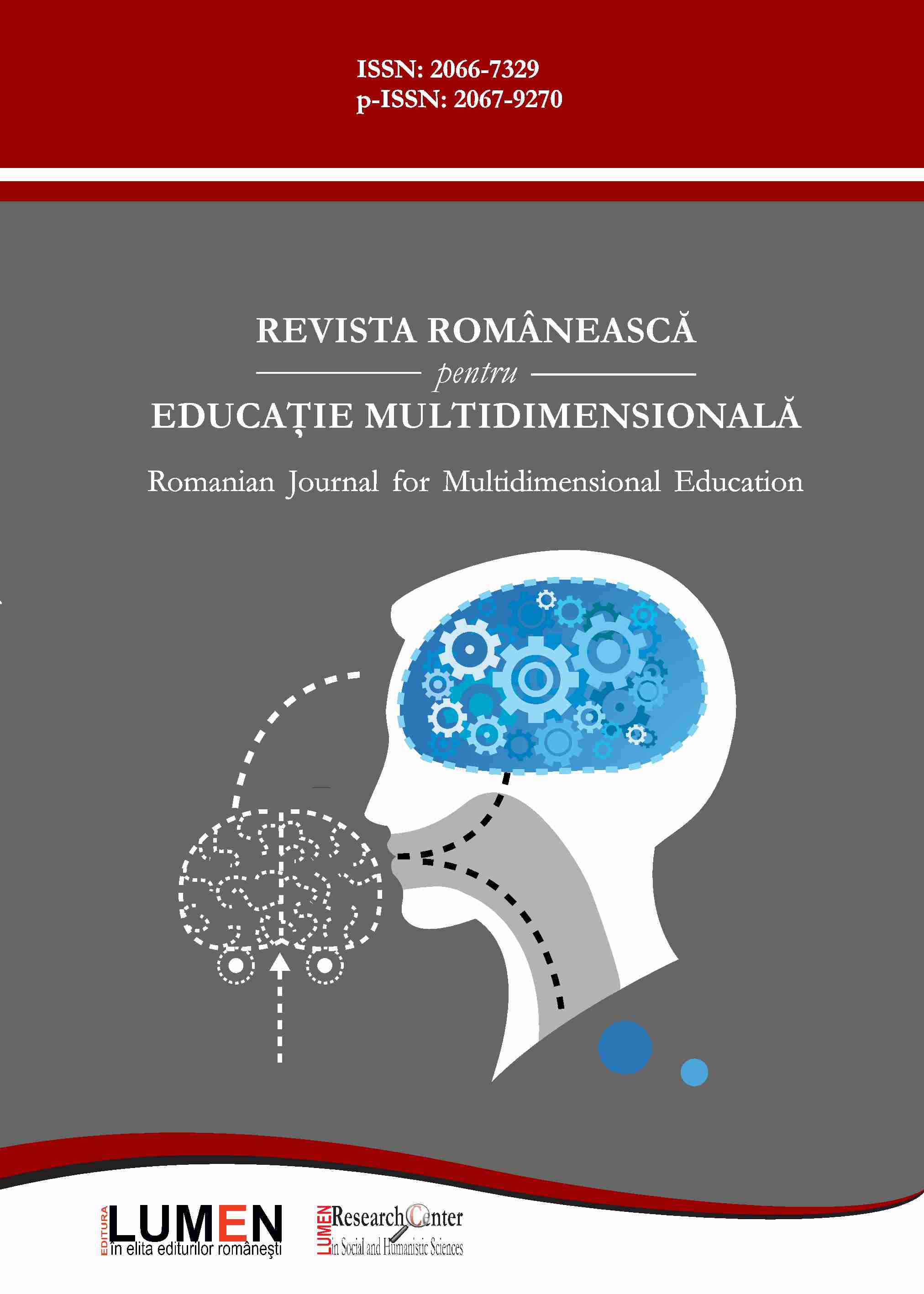Core Values in Action: Therapeutic Farms for Persons with Severe Mental Illness
Core Values in Action: Therapeutic Farms for Persons with Severe Mental Illness
Author(s): Virgil Stucker, Sana Loue, Richard R. KargesSubject(s): Social Sciences
Published by: Editura Lumen, Asociatia Lumen
Keywords: Moral treatment; mental illness; asylum; advocacy; social action
Summary/Abstract: The development of asylums in both Europe and the United States grew out of a social reform movement that sought to improve the living conditions of less fortunate persons and a belief that man could improve his condition by engaging with greater meaning with his social and physical environment. Accordingly, it was believed that mental health impediments could be overcome or removed by creating a healing environment that facilitates the sufferer’s re-engagement into purposeful community life. Moral treatment, practiced in the United States and Europe during the period from 1815 to 1875, reflected this benevolent intent. This approach was intended to foster and sustain intimate, supportive relationships between the ‘less fortunate persons’ (”residents”) and the staff through resident engagement in productive labor such as agriculture, resident respite in a peaceful setting away from the usual stresses of daily life, and the development of emotionally close and trusting relationships between staff, between residents, and between residents and staff. This therapeutic milieu, the ‘asylums’, ultimately could not be sustained over long periods of time due to growing numbers of mentally ill persons, diminishing financial resources, and increasingly diverse resident populations, ineffective organizational leadership and shifting political priorities. Therapeutic farms for mentally ill persons that are premised on the principles of moral treatment methodologies applicable to 21st century needs and resources have been established more recently in the United States, Canada, and Europe. Like the therapeutic farms in past centuries, present-day therapeutic farms face financial, leadership, legal and political challenges that threaten their continued existence. This article reviews the moral values underlying moral treatment and the therapeutic farm community model and the efforts of present-day therapeutic farms both to advocate on behalf of their residents and to develop approaches to sustain their core values and meet existing challenges.
Journal: Revista Românească pentru Educaţie Multidimensională
- Issue Year: VII/2015
- Issue No: 1
- Page Range: 11-23
- Page Count: 13

